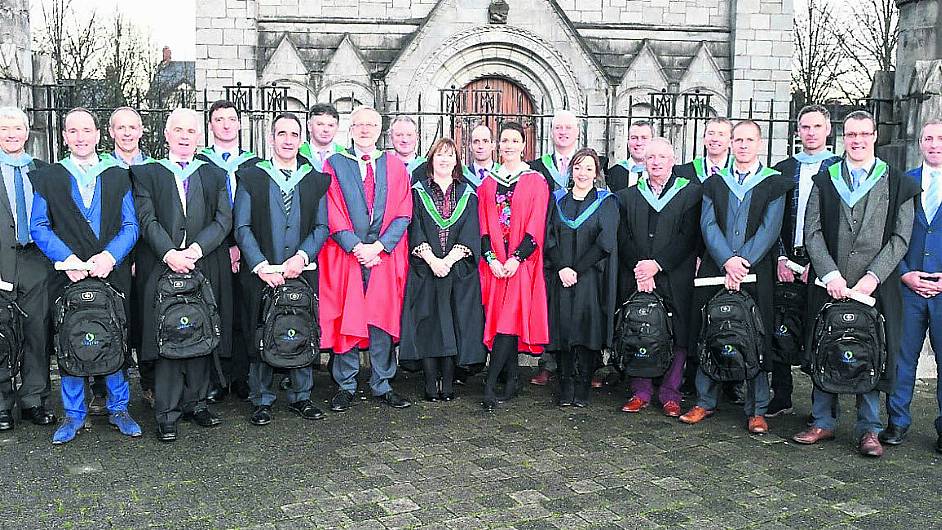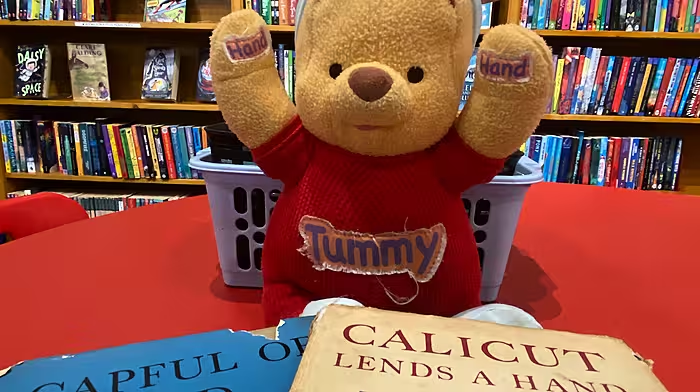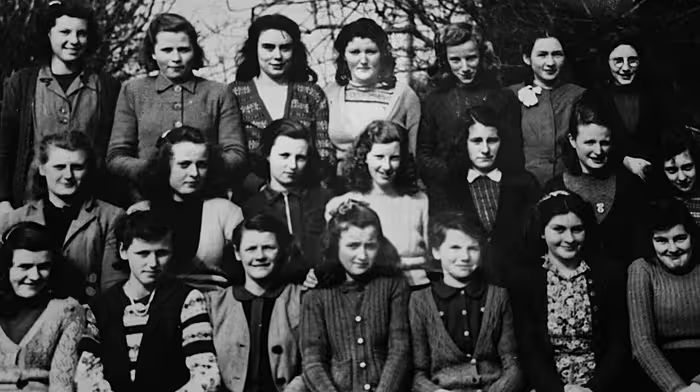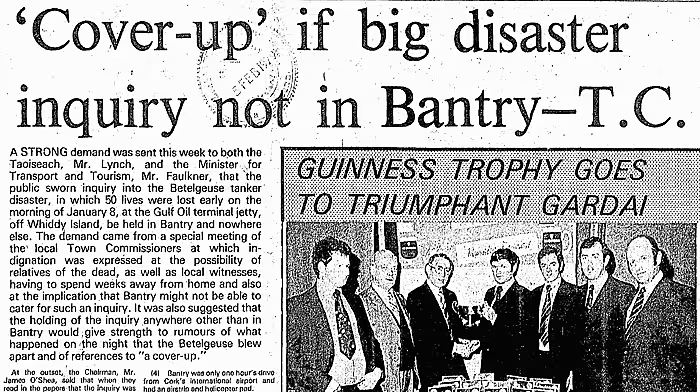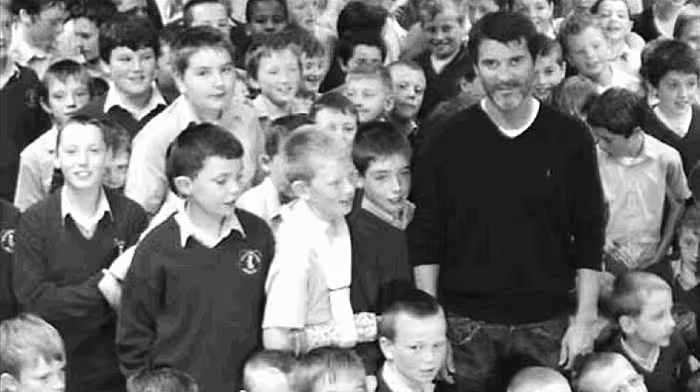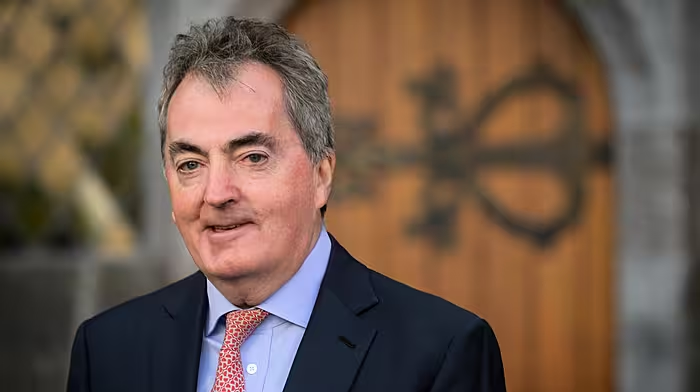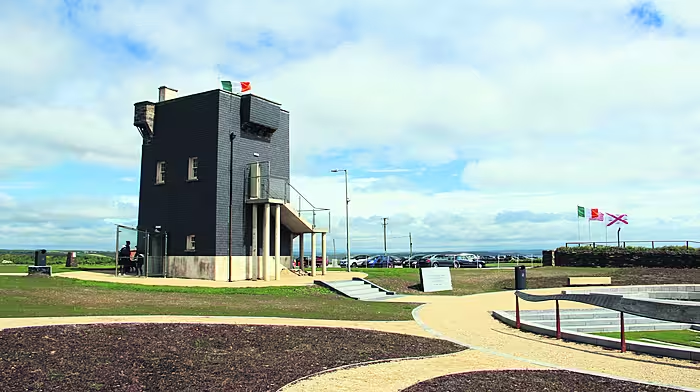The history of adult learning at UCC is the subject of a new book by historian ALAN McCARTHY, who considers West Cork’s role in the project
IN 1946 UCC established the first adult education department in Ireland when it started a diploma in social and economic science for workers who were trade union members in Cork city.
This initiative had been decades in development with Prof Alfred O’Rahilly, president of UCC, a key figure in promoting and spreading adult education to regional centres throughout Munster. As UCC sought to expand into the provinces, it was the university’s president who served as canvasser-in-chief.
Throughout the 1950s and 60s, courses expanded throughout Munster, with one of the first regional centres established in Clonakilty in 1951. Part of this class was Denis O’Hea, a relative of General Michael Collins (1890–1922). O’Hea was a successful farmer and became chairman of Lisavaird Co-Op.
However, he also remarked: ‘When the course was completed we had a different attitude, not alone to our society, but a different attitude to people. We were able to talk to them and understand them ... what a benefit it was to the rural life in our area.’
‘Learner voice’ is a central concept within adult education and the voice of learners and their experiences are prominent in my book.
A diverse array of primary and secondary sources have been drawn on, along with interviews with Ace staff members, past and present. Some of the former students featured include Barney Whelan, a board member of Uillinn West Cork Art Centre, and Cuas, the West Cork maritime heritage company, among other ventures.
In recent years Ace has continued to extend its adult and community education offerings with a number of new programmes, outreach venues and partnerships with community bodies. The diploma in autism studies has been run in many centres, and UCC itself, as well as Bantry.
Where West Cork is concerned, one of the most impressive innovations of recent years has been the Carbery Greener Dairy Farms programme.
This initiative began with a pilot class in 2017 and applied a retrospective prior learning mechanism, which has been described as the first of its kind.
Reflecting Ace’s historic connections to the cooperative movement, it is also noteworthy that among the first participants in the programme were members of the Bandon, Barryroe, Drinagh and Lisavaird Co-ops.
In 2017 a group of 18 farmers from West Cork were granted exemptions on 40 out of 60 credits on UCC’s diploma in environmental science and social policy through a recognition of prior learning mechanism. A fundamental principle of the mechanism is that a learner should not be asked to relearn something they already know. Prior learning can count towards entry, advanced entry, credit or exemptions from modules.
UCC acknowledged that the farmers in question had extensive knowledge through their work and study relating to sustainable farming through the Carbery Greener Dairy Farms project.
The farmers’ learning and experience was documented in a learning portfolio, which was in turn assessed by several subject experts.
This assessment resulted in the farmers being granted the exemptions by the Ace academic standards board and the completion of their outstanding modules, using recorded lectures alongside half-day workshops in UCC and fieldtrips.
The book takes its title from the building that houses Ace on the Western Road in Cork, The Laurels.
Throughout, it pays tribute to those who refuse to rest on their laurels: people who engage in lifelong learning and further education, whenever and wherever that may be.
• The Laurels: Adult Education and Lifelong Learning at UCC, 1946-2022 by Alan McCarthy is published by UCC and is available at www.corkuniversitypress.com

